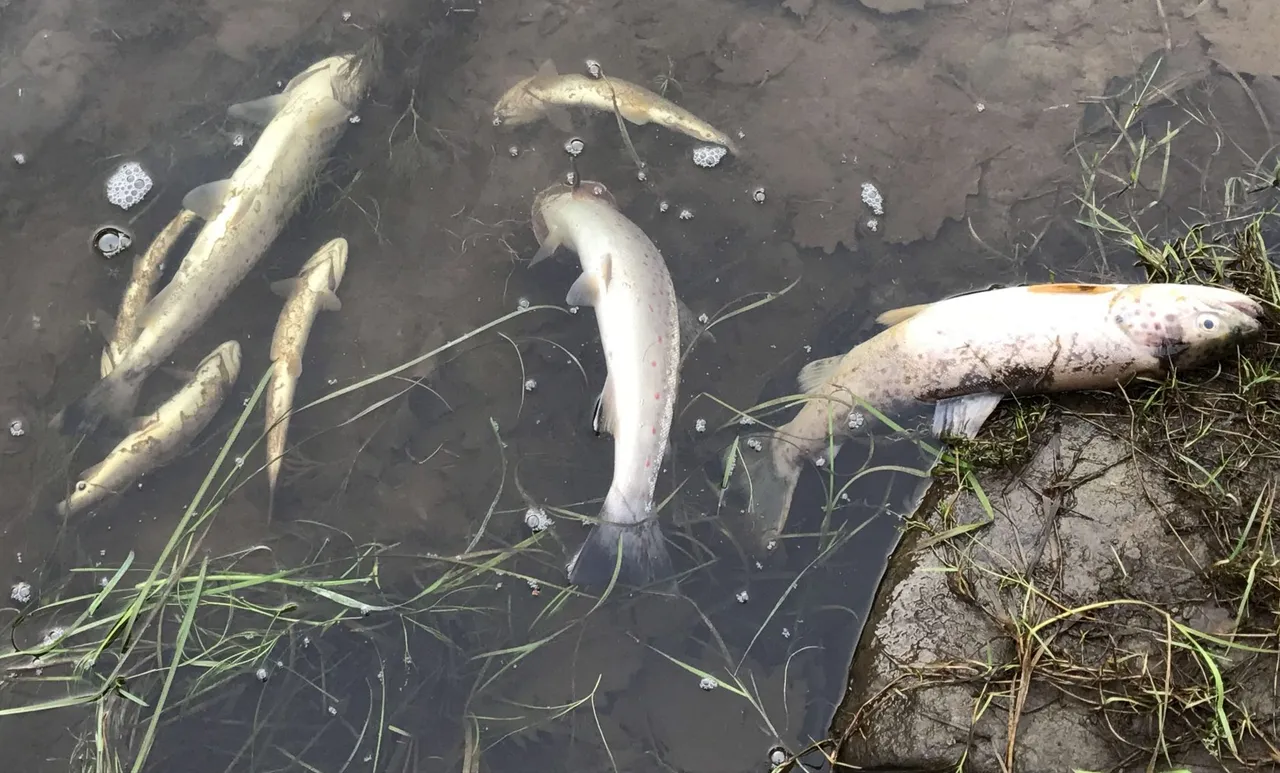
Cons: Chinook Salmon and smelt populations will plummet to possible extinction.
Less water will be available during drought periods, meaning city water restrictions, likely imposed fines for careless over-use, and less water streaming into seasonal ponds during fire season for firefighters to use in peak season.
Lakes, rivers, and streams will be depleted of water much earlier, putting more strain on fish and other species populations at risk statewide, that are already experiencing toxic algae blooms during dry spells, as well as increasing the costs of parks and fishing licenses.
More water will be polluted by farm runoff, with high concentrations of pesticides, fungicides, and chemical nutrients- that will eventually find it's way into lakes, streams, and poorer communities' water systems- most likely under-detected.
Pros: Farmers can grow more produce, and put more profits in their pockets, at environmental expense; reducing produce costs marginally at home and in countries where 25% of California produce is exported to. California is only responsible for 13% of U.S. farm receipts.
Increased farming in California, means more migrant workers are needed on farms. Oh wait, except fewer legal workers are crossing the border, creating U.S. farm labor shortage, despite the Immigration Reform and Control Act of 1986, when the California Immigrant Workers Association was created by labor unions in California. It's main goal was to associate immigrant workers and integrate them to the labor movement through amnesty, bringing in much needed labor tax revenue. Farming survives on hard working immigrants, not just water.